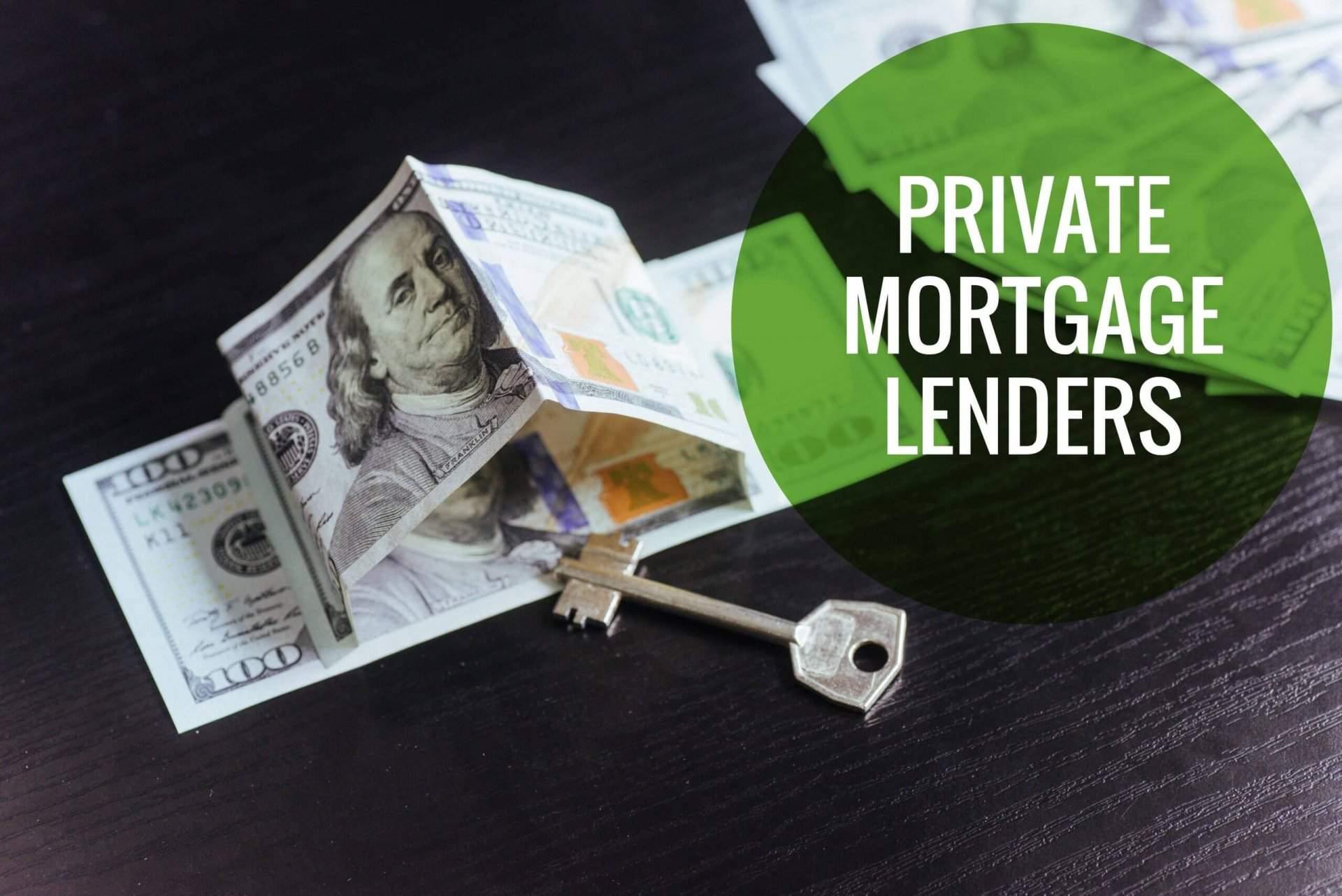Exactly how It Works: A Comprehensive Overview to Mortgage Lending for First-Time Customers
Navigating the globe of mortgage lending can be daunting for new purchasers. Comprehending the basic elements like principal, passion, and deposits is necessary. In addition, identifying the various sorts of home loan and the application process can substantially influence one's experience. By discovering crucial aspects that influence interest rates, buyers might reveal beneficial understandings. What else should they take into consideration before making such a considerable economic commitment?
Understanding Mortgage Fundamentals
When new purchasers get in the domain name of homeownership, understanding mortgage basics ends up being essential for making notified decisions. A home mortgage is fundamentally a financing protected by the property being purchased, allowing individuals to buy a home without paying the complete rate upfront. Customers must be mindful of essential components, consisting of principal, passion, taxes, and insurance policy, often summed up as PITI. The principal is the quantity obtained, while passion is the expense of loaning that amount, revealed as a portion. Tax obligations and insurance coverage are added expenses that can markedly influence month-to-month settlements. Customers need to also consider the lending term, typically 15 or three decades, which impacts settlement amounts and overall interest paid. Comprehending credit score scores is necessary, as they influence loan eligibility and interest prices. Comprehending these essential ideas encourages new buyers to navigate the mortgage landscape confidently and choose that straighten with their financial objectives.
Kinds Of Mortgage Loan
When thinking about mortgage choices, first-time customers typically experience 2 primary kinds: fixed-rate and adjustable-rate mortgages. Fixed-rate mortgages provide stability with consistent payments over the finance's term, while adjustable-rate home loans can give reduced first prices that may vary in time. Comprehending these differences is vital for making a notified decision.
Fixed-Rate Home loans
Fixed-rate home loans supply security and predictability for new buyers steering the intricacies of home funding. With a fixed-rate mortgage, the rates of interest continues to be constant throughout the funding term, commonly ranging from 15 to thirty years. This consistent price enables customers to intend their budget plans successfully, recognizing that their month-to-month repayments will not rise and fall. New customers take advantage of this structure as it eliminates uncertainty in long-term financial dedications. In addition, fixed-rate home mortgages frequently include lower initial prices compared to adjustable-rate options, making them an attractive option for those wanting to develop home equity over time. Overall, fixed-rate mortgages provide an uncomplicated path to homeownership, perfect for people looking for long-lasting monetary safety.
Adjustable-Rate Mortgages
For newbie property buyers looking for versatility, adjustable-rate home loans (ARMs) can offer an attractive option to fixed-rate finances. ARMs usually use reduced preliminary rates of interest, making monthly payments much more cost effective in the very early years. Nonetheless, these prices change after a first fixed period, which can lead to increased settlements gradually. Consumers should understand the index and margin that figure out future rate modifications. Frequently, ARMs have change durations of one, 3, or 5 years, with routine caps to restrict just how much prices can raise at each adjustment. While ARMs can be advantageous for those planning to sell or re-finance prior to the price changes, they additionally carry dangers if market conditions alter substantially. Complete study is necessary for informed decision-making.
The Mortgage Application Process

Secret Variables Influencing Interest Prices

Deposits and Closing Costs
Recognizing deposits and closing costs is crucial for newbie homebuyers, as these expenditures substantially influence the overall cost of a home loan. A down payment is the preliminary quantity paid towards the home's purchase rate, typically expressed as a percentage. It can range from as low as 3% to 20% or even more, depending on the lending type and lender requirements. A larger down payment can reduce monthly mortgage settlements and remove exclusive mortgage insurance policy (PMI), which shields lending institutions in instance of default.Closing expenses, on the various other hand, include various fees sustained throughout the home-buying procedure. These might consist of lending origination charges, assessment costs, title insurance, and attorney charges, generally amounting to company website 2% to 5% of the home's acquisition rate. First-time customers need to allocate both down settlements and shutting expenses to guarantee they can secure their mortgage and effectively browse the home-buying process.
Tips for First-Time Homebuyers
What essential tips can novice property buyers comply with to navigate the typically tough process of purchasing a home? First, establishing a practical spending plan is vital. Purchasers ought to assess their economic circumstance, including revenue, expenditures, and possible mortgage repayments. Next, obtaining pre-approval for a mortgage can give quality on what one can manage and reinforce their setting when making an offer.Researching neighborhoods is equally vital; customers must take into consideration aspects such as facilities, schools, and future developments. Additionally, it is a good idea to deal with a qualified genuine estate agent that can provide beneficial insights and guidance throughout the acquiring process.Home examinations must not be neglected, as they can reveal concealed issues that might affect lasting contentment. Buyers ought to stay client and versatile, comprehending that discovering the right home may take time. By following these tips, first-time homebuyers can come close to the marketplace with self-confidence and understanding.
Often Asked Questions
What Files Are Needed for Mortgage Pre-Approval?
For mortgage pre-approval, people generally need to offer earnings confirmation, employment history, credit report records, income tax return, bank statements, and details of any financial obligations (Private Mortgage Lenders Savannah GA). These papers assist loan providers examine monetary ability and identify financing qualification
Can I Get a Mortgage With Bad Credit Report?

Several lending institutions take into consideration candidates with poor credit scores, though terms might differ. Higher rate of interest or larger down repayments can be called for. Checking out choices with specialized lenders or federal government programs can likewise improve opportunities for approval.
Exactly how Long Does the Mortgage Approval Process Take?
The mortgage authorization process commonly takes between 30 to 45 days. Variables affecting this timeline include the lender's performance, the borrower's monetary documentation, and the intricacy of the financing application. Delays might happen due to extra demands.
What Happens if I Miss a Mortgage Payment?
If a home mortgage settlement is missed out on, late charges may be incurred, and credit report can endure. Long term non-payment may cause foreclosure procedures, motivating the lender to recover the building after a collection of cautions.
Can I Refinance My Mortgage Later?
Re-financing a home loan later is commonly possible, enabling home owners to readjust their car loan terms, rate of interest, or monthly payments. Eligibility depends on credit rating ratings, existing market conditions, visite site and the existing mortgage's terms.